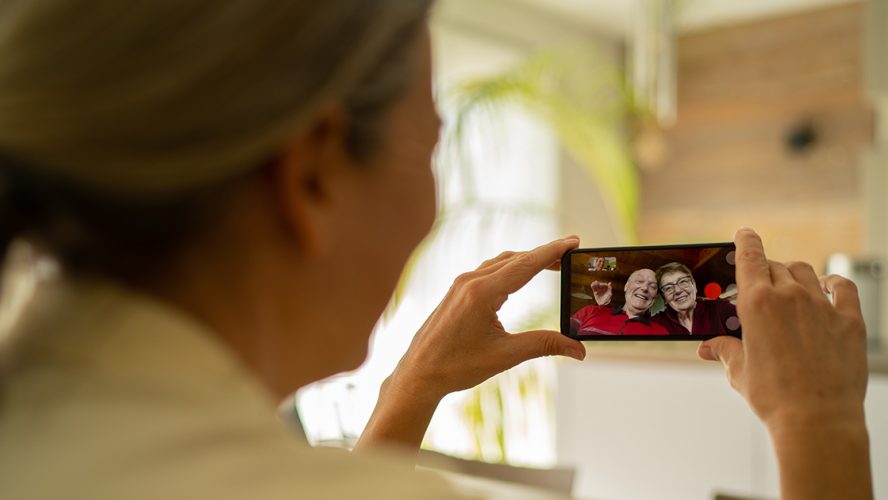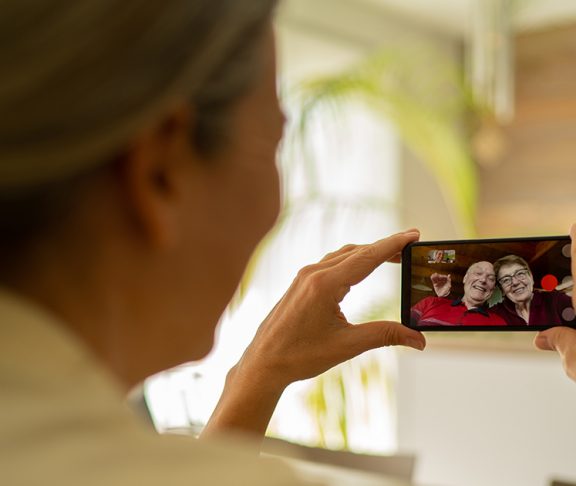
Kimberley Hanson
Executive Director, Diabetes Canada
Everybody’s feeling stressed due to the COVID-19 pandemic, so with a baseline of greater likelihood of mood disorder and greater risk if we catch the virus, it’s no wonder that people with diabetes are feeling extra anxious. Mediaplanet asked Kimberley Hanson, Executive Director of Diabetes Canada, about the pandemic’s impact on the diabetes community.
How have COVID-19, physical distancing, and social isolation affected individuals living with diabetes?
It’s been estimated that those with type 1 diabetes must make 180 health-related decisions each and every day. The mental toll can be enormous. Since the beginning of 2020, people with diabetes have learned that they’re at greater risk if they catch COVID-19: six times more likely to have a severe case of it, and 12 times more likely to die of it than someone with no underlying medical conditions.
In a June, 2020 survey of 1,000 Canadians affected by diabetes, 40% cited greater concerns about their mental health and 45% about their emotional health. And yet 45% weren’t sure where they would turn for mental health supports. 43% reported feeling anxious and nervous and 37% felt isolated and alone due to the pandemic. And those feelings seem to make it harder for some to manage their diabetes as actively as they’d like to, which puts their physical and mental health at even greater risk.
What’s the value of inter-patient connectivity, and how can technology be leveraged to help keep patients engaged with each other?
Diabetes is a complex disease to manage and many people with diabetes rely on others who live with it for tips on day-to-day management. That’s why many people with diabetes participate actively in a variety of mechanisms to connect with others, some of which are in-person, but many of which are virtual. There are countless local and national groups on social media where patients discuss tips for daily living, effectively using technology, and coping with the stress of diabetes.
Responses to a patient survey conducted in June, 2020 demonstrate overwhelmingly that Diabetes Canada plays a critical role in patients’ lives by providing them with a trusted source of information, a sense of community, and a voice through our advocacy.
What are the unique challenges in helping those who are pre-diabetic and individuals living with Type II diabetes build peer support networks?
It can be quite challenging to connect those with prediabetes and type 2 diabetes to their peers for two main reasons: lack of awareness and stigma. While there are currently more than 5 million Canadians living with diabetes, 90% of whom have type 2 diabetes, as many as 1.5 million of them don’t yet know they have it. And of the 6 million or so who live with prediabetes, a majority don’t know. Because of being undiagnosed, they don’t yet know they could engage with peers for support.
Even for those who do have a diagnosis, shame caused by stigma can prevent them from reaching out for support. Regrettably, there’s a lot of misunderstanding and stigma surrounding the causes of type 2 diabetes. Many people erroneously believe that it’s primarily or exclusively caused by unhealthy behaviours on the part of the person living with diabetes, which is untrue (as well as unhelpful!). These challenges are why a key recommendation of Diabetes 360°, Diabetes Canada’s nation-wide strategy for the disease, is that we increase public awareness of diabetes and screen more people for diabetes, so that people at risk of or living with diabetes can access the supports they deserve sooner, and thereby protect their health.
What advice do you have for patients currently experiencing social isolation?
Please reach out for support. Diabetes Canada is always available via our website or our 1-800-BANTING line. Consider joining a group on Facebook or other social media channels so you can access information and support from others living with diabetes, even while we practice physical distancing. And if you’re feeling emotionally or mentally distressed, please reach out to your health care provider or your local mental health crisis line.


